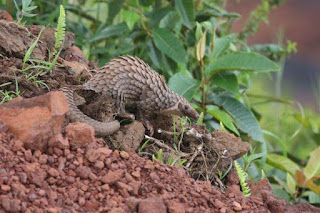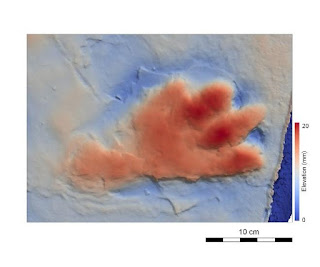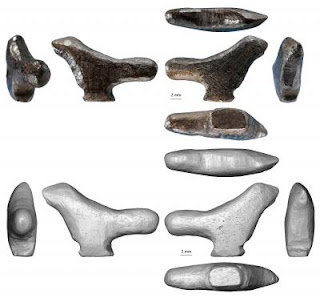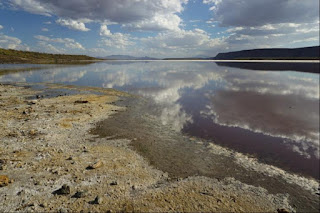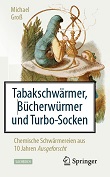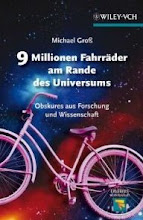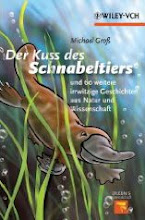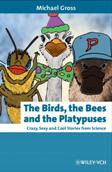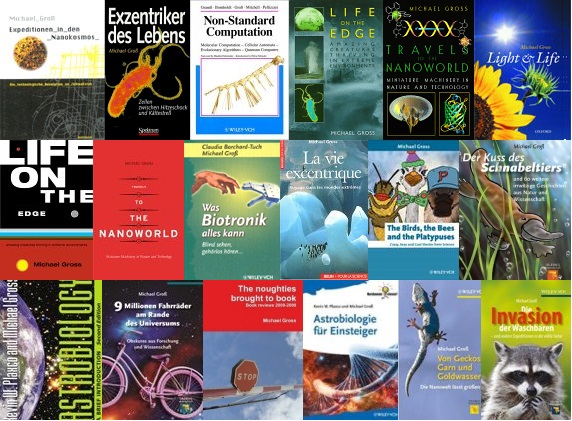So the official deaths from Covid-19 in the UK passed 40,000 with those announced yesterday (the real death toll is more likely to be above 60,000, but let's stick with the official figures for now). As the mishandling of the crisis continues at full speed, I fear there will be many more to come.
According to yesterday's govt. briefing, there are now only 5,600 new infections per day - I don't believe a word of this. I follow the daily deaths announced and calculate the rolling 7-day average, which I think is the only halfway reliable figure. (
Previous results and predictions here.) Unfortunately, this figure has remained roughly constant for the last ten days, probably as the result of the May 11 switch from "stay home" to "stay alert" messaging. It was 236 yesterday and 244 on May 26. (Update: Today, Saturday the figure stands at 235, the 13th day without significant decrease.) On June 2 and 3 it even appeared to be rising (by 10% and 5%, respectively) compared to the value a week earlier.
So when the govt. ministers and "scientists" are saying "it's not going down as fast as we would wish" this is misleading. In truth, it's not going down at all. And on the assumption that we are stuck on well above 200 daily deaths, that means that there must have been more than 20,000 new infections per day in recent weeks. Telling the public that we have 5,600 new infections per day without adding that this is only the tip of the iceberg and that we don't see the real figure due to insufficient testing, this is not only misleading but it gives people a false sense of security and thus contributes to producing a new wave of infections as people relax their protective measures and behaviours.
Oh and the fact that the health secretary, in the daily briefing of June 1, attempted to sweep 445 deaths under the rug and hoped that nobody would notice, that hasn't really helped to build trust. In case you missed it: the June 1 announcement had 39045 deaths including 111 new deaths. But the figure from the day before was 38489, so the difference was really 556. I tweeted about this while the briefing was still ongoing, but the govt. only "clarified" afterwards that the missing 445 deaths were "historic" ones that they had not included in the daily toll. As I haven't seen details of when these deaths happened, I'm not including them in my calculations. So I am now having to substract the 445 from the total each day for a week to get my rolling average right.
I have a nagging suspicion that the people in charge (i.e. DC, presumably) actually want the second wave to happen now. I reckon their calculation is that we got through peak one within three months, with 40k deaths, and without a total collapse of the health system. Give it four or five more rounds like this, they're thinking, and we have the infection numbers required for possible herd immunity. Fatal flaws in the argument are, of course,
1) we don't have confirmation that people are really immune after they have had the virus
2) running wild in such a huge host population, the virus could evolve into something else that may be more difficult to manage and that may not be covered by immunity produced by the initial version;
3) as I've calculated on March 13, when Vallance brought up herd immunity, this strategy would produce 400,000 avoidable deaths from Covid-19 plus additional ones from the impact it has on the health system.
But after the political fallout of the last 7 days it's clear that the govt doesn't care how many more people die. The important thing for them is to get back to their ideology-driven programme, including Brexit, privatisations etc.
In a way, it is understandable that they were caught out by the pandemic. The idea that a government might care for the wellbeing of the people was never ever on their radar, never mind their agenda.
-------------------
Some recent pieces from the media
How can any scientists stand by this government now? Richard Horton wondered in the Guardian, after the scandal around Cummings' breach of quarantine. I've been wondering that for a while, which is why I now avoid to refer to the govt muppets as scientists, and have put scientists in quote marks above.
Also, read anything by
Devi Sridhar that you can get hold of (not only in the Guardian, there have been pieces in other papers as well).

